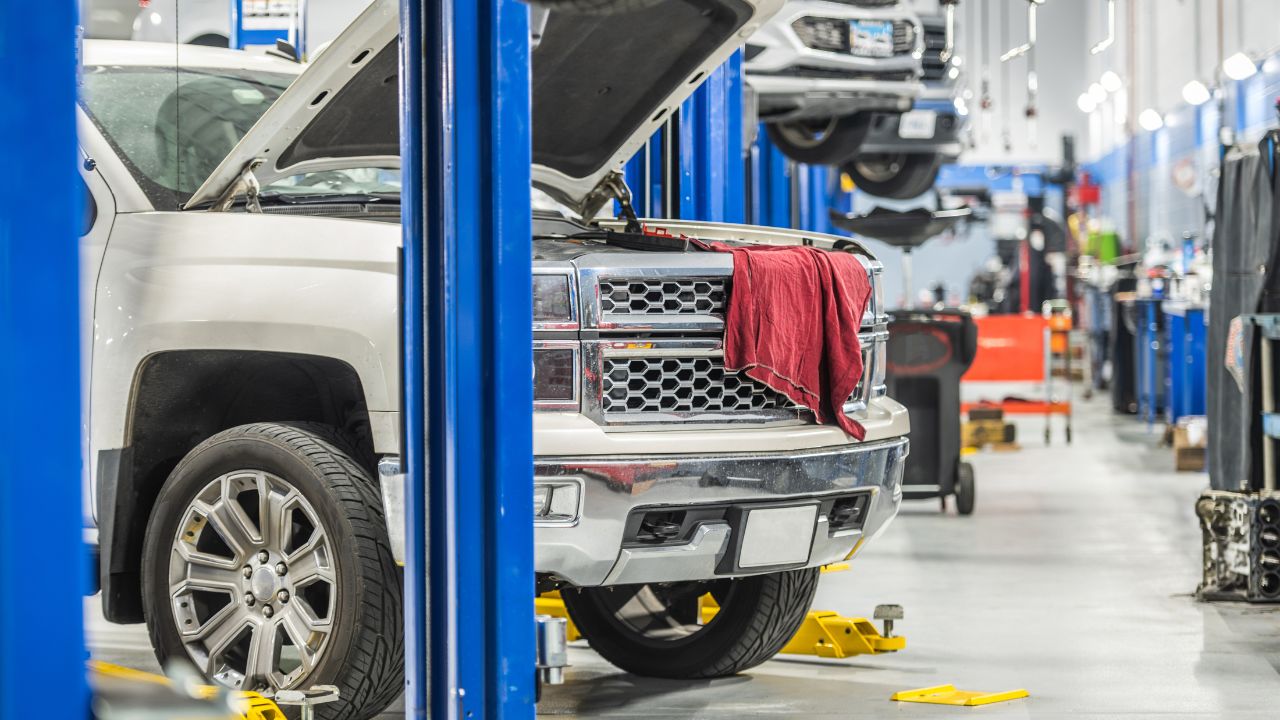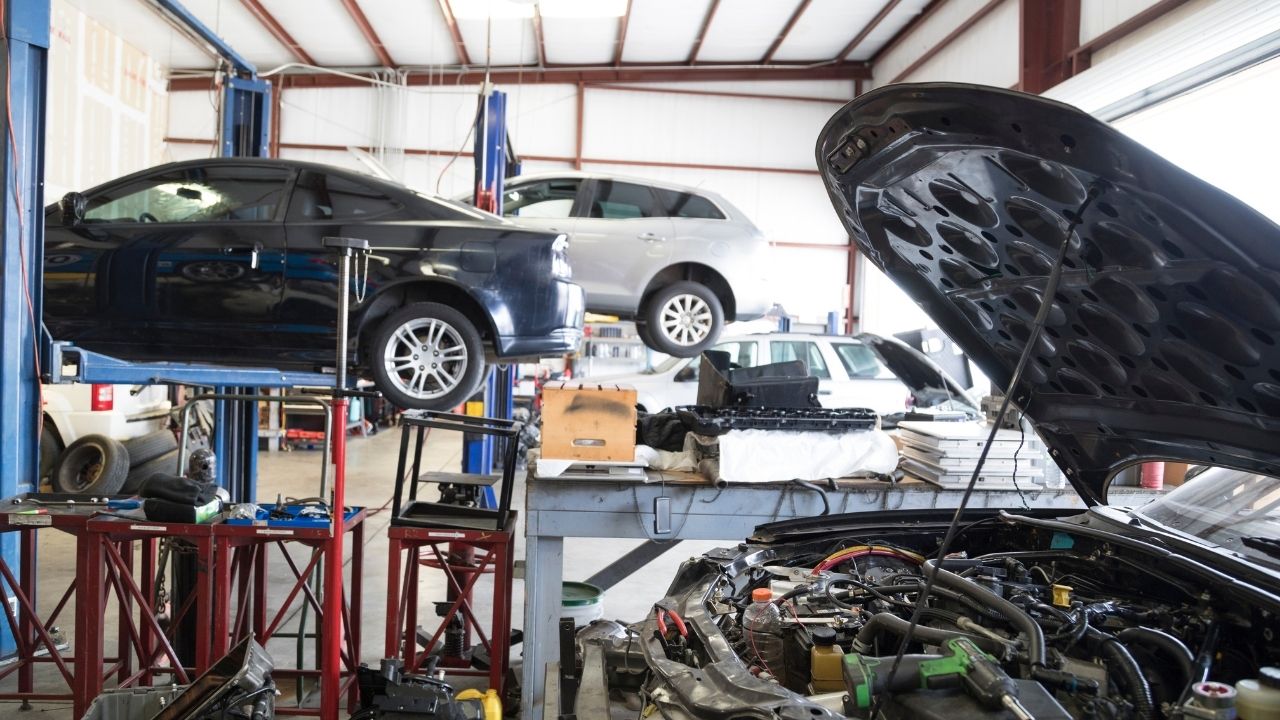The automotive and diesel industry are filled with skilled professionals who hold a wealth of knowledge about vehicle repair and maintenance.
However, despite the essential role automotive and diesel technicians/mechanics play, there are still plenty of misconceptions about what the career entails. From outdated stereotypes to misconceptions about job growth and earning potential, these myths can deter young people from entering these careers.
In this article, we’re setting the record straight by busting some of the most common myths surrounding technician and mechanic careers.
5 Myths About Automotive & Diesel Technician Careers
1. Only men are technicians.
While historically, the profession has been very male-dominated, we are starting to see the number of female technicians increase. As of 2024, females make up a total of 12% of technicians in the United States. With the large percentage of the technician workforce approaching retirement age, it’s become increasingly important for shops and dealerships to focus on bringing in the next generation of technicians. Younger generations hold strong values around diversity, equity, and inclusion (DEI), so it’s important for shop owners and managers to make sure their workplace culture is not only female-friendly, but also open to people of all backgrounds. Shops and dealers that fail to evolve will not be around for much longer.
2. Technicians don’t make good money.
One of the most persistent myths about automotive and diesel technician careers is that the pay is low. In reality, skilled technicians can make well over $100k per year. Like many other industries and professions, technician pay varies by experience, education/certifications, and location, but many technicians also have opportunities for overtime, bonuses, and commission-based work. In addition, specialized areas like advanced diagnostics often offer higher wages due to the demand for those skill sets.
3. Technicians are uneducated.
This myth stems from an outdated perception that becoming a technician requires little to no education. In truth, modern automotive and diesel technicians need a strong understanding of advanced systems, including electronics, computer diagnostics, and increasingly, electric vehicles (EVs). Many technicians undergo rigorous training programs and certification courses. Organizations like the National Institute for Automotive Service Excellence (ASE) offer certifications that demonstrate a technician’s expertise and commitment to ongoing education. Continuous learning is essential as the industry evolves, especially with rapid advancements in vehicle technology.
4. Being a technician is a dirty job.
While it’s true that technicians may get their hands dirty, the stereotype of a greasy mechanic working in unsanitary conditions is largely a thing of the past. Today’s top shops and dealerships are clean, organized, and full of some of the most advanced tools and equipment. Many shops are actively investing in better working conditions and providing technicians with protective gear, modern equipment, and safety protocols.
5. Technicians can’t have a successful career because they don’t need a four-year degree.
Unlike many professions that require a four-year college degree, becoming an automotive or diesel technician offers a more direct and affordable path to a stable and lucrative career. Many technicians start their careers by attending a trade school or community college for two years or less. Some even begin working part-time in shops straight out of high school, gaining valuable hands-on experience and earning money while they learn. This makes the technician profession an appealing option for those who want to avoid student loan debt and start working sooner. Additionally, technicians can continue their education and certifications throughout their careers, often with the support of their employers.
Moving Beyond the Outdated Mechanic Stereotypes
The automotive and diesel technician professions can offer exciting, well-paying, and fulfilling career paths, yet they are often overshadowed by outdated misconceptions.
Technicians who work for top automotive and diesel employers are highly trained and educated, earn competitive wages, and work in environments that are clean, professional, and technologically advanced. With the growing demand for skilled technicians and the increasing complexity of modern vehicles, there has never been a better time to consider a career as an automotive or diesel technician.
Want more? Check out some of these industry spotlights we did a while back that showcase successful technicians in the industry:






